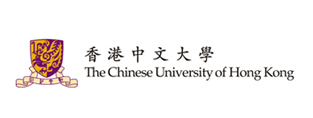
| Home | Mission | Research | Education | Community Service | Events | Annual Report | Healthy Ageing |
Healthy Ageing
The World Health Organization (WHO) defines health broadly as a state of complete physical, mental and social well-being; and not solely as the absence of disease. The concept of healthy ageing was first defined by the WHO. The UN Plan of Action on Ageing, drafted by the 1982 United Nations World Assembly on Ageing, views ageing as a lifelong process and focuses on improving the wellbeing of people as they age. Healthy ageing can be viewed as the optimization of functional capacity within the constraints of normal age-related physiological, psychological and sociological changes.
Active Ageing is a concept which the WHO and worldwide countries are concerned in recent years. It is the process of optimizing opportunities for health, participation and security in order to enhance quality of life as people age. Life course perspective is emphasized and health maintenance should be started earlier and throughout the whole life so as to be more effective in reducing functional disability and risk of some common chronic diseases in older ages.
How can we achieve healthy ageing? It is very important that the government and relevant professional associations, voluntary organizations and the private sector should collaborate to promote healthy ageing. The individual's responsibility for own health should be emphasized. There is much an individual can do to remain healthy in later life, including adopting a healthy lifestyle and remaining active in society. The role and status of the senior citizens in the society will be enhanced if they adopt a healthy lifestyle. What are the components of a healthy lifestyle? Related websites for healthy ageing
|
|
|||||






